As millions turn to nature’s pharmacy, one critical question remains: Are herbal remedies safe? Although the history of plant-based treatment, such as turmeric and ashwagandha, goes back 3,000 years of use in Traditional Chinese Medicine and Ayurveda systems, the current wellness boom calls for contemporary scientific testing of safety and efficacy.
Herbal treatments are available in numerous forms – in the form of teas, tincture form, capsules, and topical. The word natural should not mislead you, though. That it comes out of the earth does not mean it is harmless. Certain herbs have a harmful combination with prescription drugs. Others can trigger some unexpected side effects.
This guide cuts through the hype to give you science-backed facts about herbal remedies safe for use.
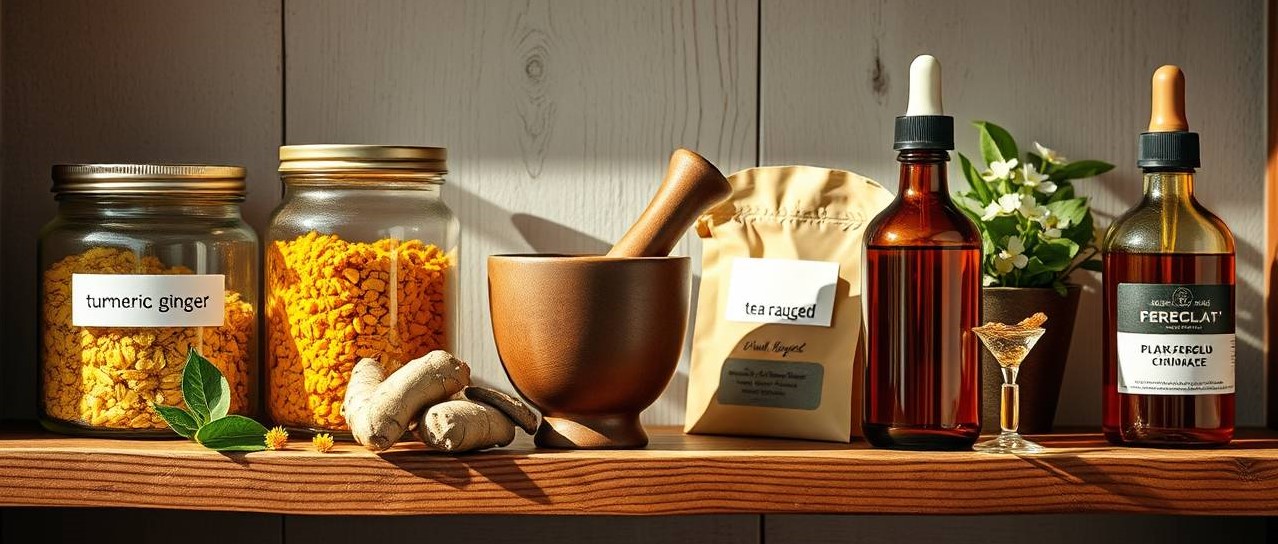
What Are Herbal Remedies?
Herbal remedies are the elements of witchcraft and are the substances of plants used as treatments, preventatives, or to alleviate health conditions. They are usually composed of a combination of active compounds through the use of a mix of drugs produced either naturally or synthetically, unlike synthetic drugs. The adverse effects and therapeutic effects can thus be present.
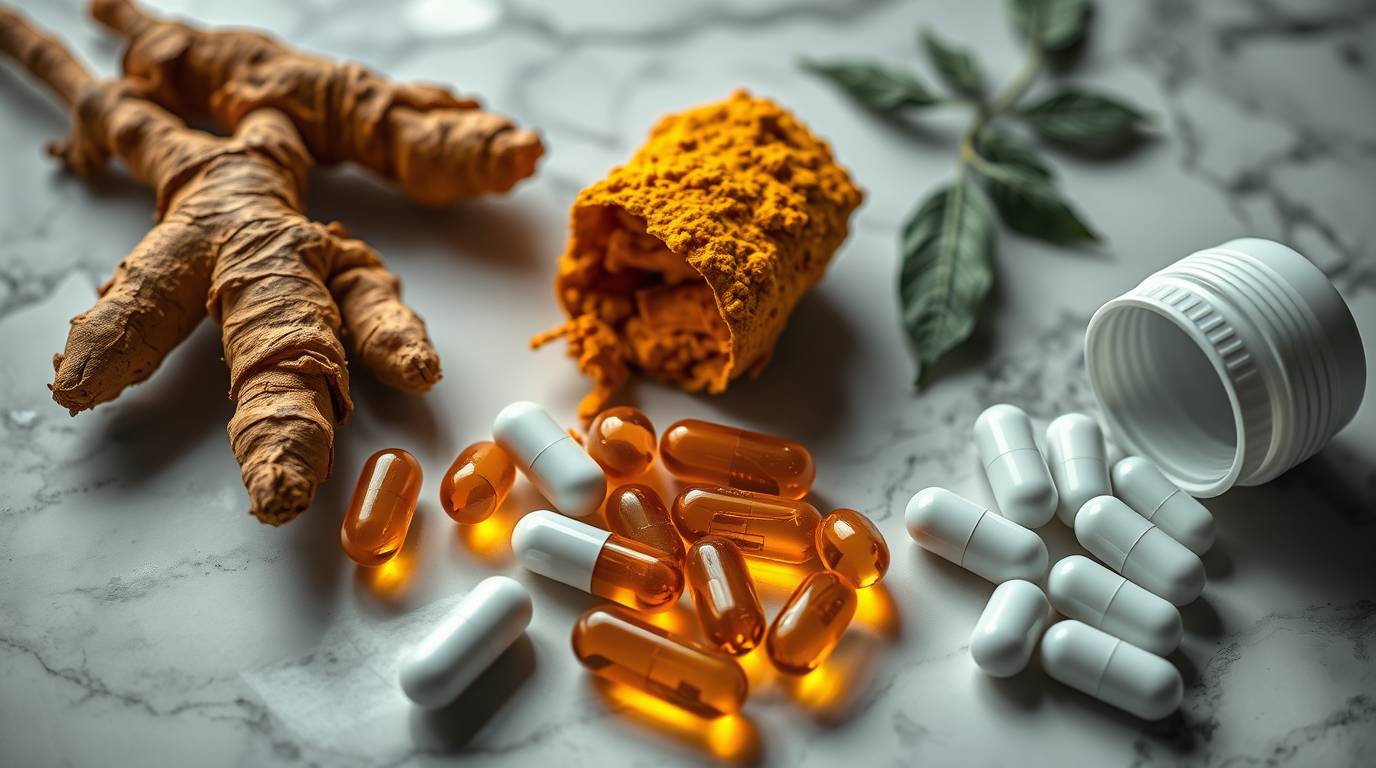
Types of Herbal Medicine
-
Tinctures & Extracts (strengths in liquid form)
-
Capsules / Tablets (standardised dose)
-
Ointments, creams, oils, and poultices
-
Essential Oils (aromatherapy or diluted application)
Employment in History and Contemporary Science
There are numerous herbs with decades, even centuries of anecdotal reports, but no clinical trial use. For example:
-
Aspirin came into existence because of willow bark, which the ancient people had used in treating pain.
-
An example of a folk medicine that is now controlled is digitalis (foxglove), a heart drug (digoxin).
Dr. James Carter, a pharmacognosy researcher, says traditional use can give only clues that modern research can confirm safety and dosage.
The Advantages of Herbal Remedies
Herbal treatments have several benefits if we use them properly:
1. Fewer Side Effects (Proper Dosage)
Herbs have multiple components that can act synergistically compared to synthetic drugs that tend to target a specific pathway, thus resulting in adverse effects. Example: Ginger to deal with nausea may not make an individual feel drowsy as compared to antiemetics.
2. Conditional Assistance with Health as a Whole
We use most herbs to affect the real causes of unbalances and not only the symptoms:
-
Turmeric helps prevent arthritis and heart disease, associated with chronic inflammation.
-
Adaptogens such as ashwagandha aid the body in dealing with stress.
3. Accessibility & Affordability
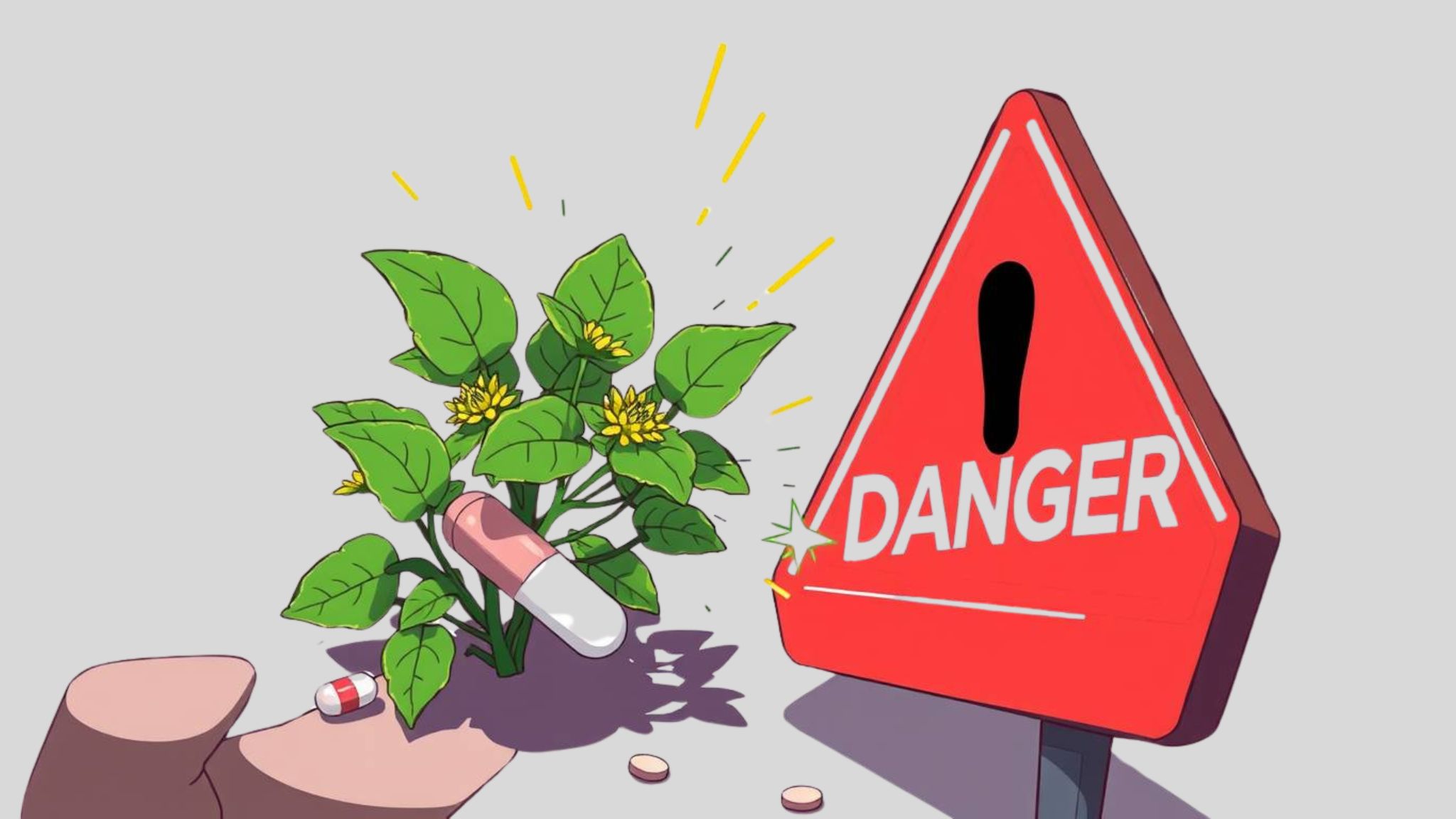
Herbs are cheaper and easily available in most regions compared to prescription drugs.
Possible Risks & Safety Threats
Although there are good things about herbal remedies, they do have dangers, especially when we use them.
1. Drug Interactions (A Hidden Big Threat)
There are some herbs which change the way the body breaks down drugs, causing:
-
Drugs with reduced effectiveness (e.g., St. John’s Wort and birth control)
-
Toxicity (E.g., increase in blood pressure because of liquorice root)
High-Risk Herb-Drug Interactions
Herb |
Interacts With |
Possible Effect |
|---|---|---|
| Ginkgo Biloba | Blood thinners (warfarin) | Higher bleeding risk |
| Garlic | HIV/AIDS medications | Reduced drug efficacy |
| Kava | Anti-anxiety drugs | Sedation amplified (overdose risk) |
2. Contamination & Mislabeling
A 2022 study showed that 30% of herbal supplements contained undeclared fillers or contaminants like heavy metals.
3. Toxicity & Overdose
Even “safe” herbs can be dangerous in quantity:
4. Delayed Medical Care
Self-treatment with herbs for serious conditions (e.g., diabetes, infections) can delay life-saving treatment.
Key Herbs: Advantages and Disadvantages
Herb |
Benefits |
Risks |
|---|---|---|
| Echinacea | Boosts immunity | Autoimmune flare-ups |
| Valerian Root | Promotes sleep | Dizziness, dependency |
| Turmeric | Anti-inflammatory | Blood-thinning effects |
| Peppermint | Relieves digestion | Worsens GERD |
Myths and Facts on Herbs’ Safety
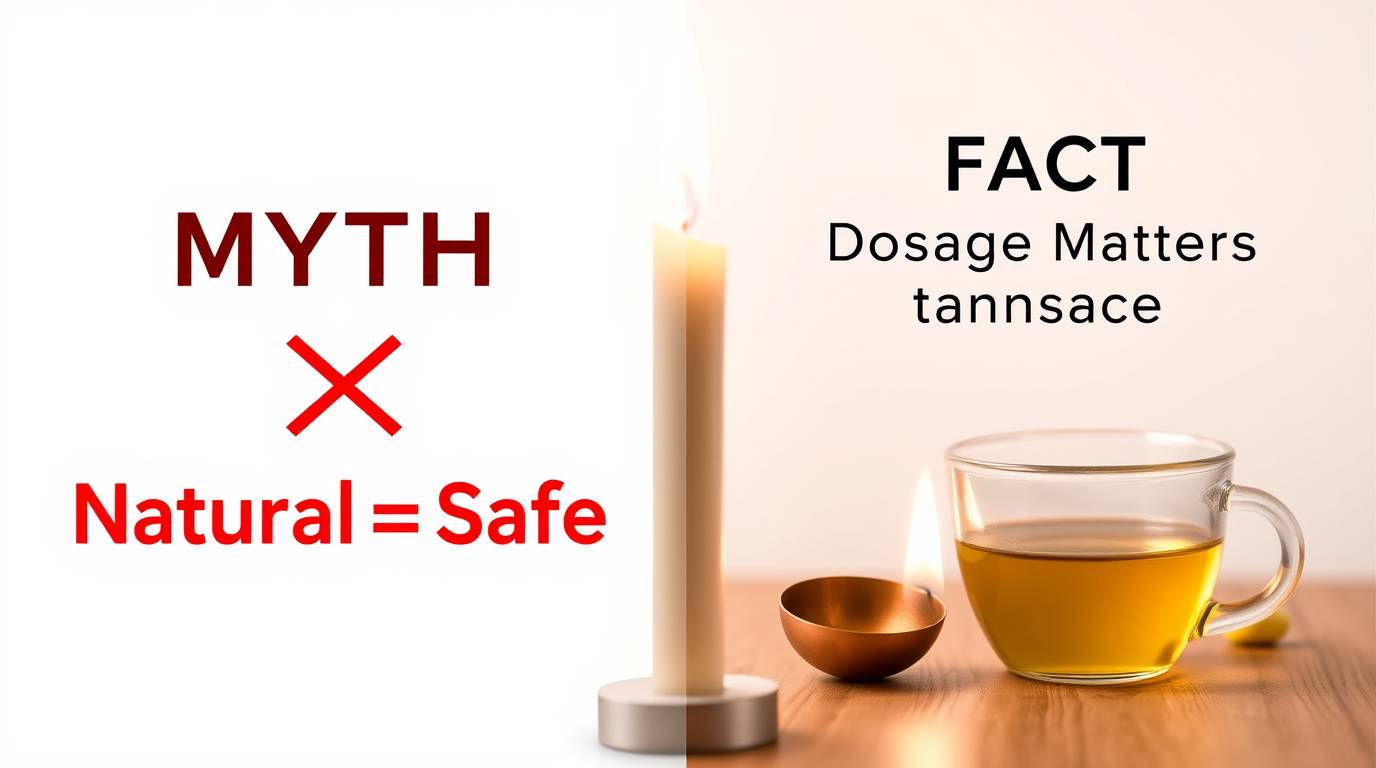
❌ Myth: “Herbs are safe to use at all times as they are natural.”
✅ Fact: Cyanide (in apple seeds) is natural, too—dosage matters.
❌ Myth: “If sold in stores, it’s tested for safety.”
✅ Fact: Regulations vary; the UK’s MHRA bans herbs permitted elsewhere.
Key Takeaways
-
Herbal medications may work, but they are not always safe.
-
Consult a physician for drug interactions.
-
Choose certified brands (e.g., USP, NSF).
-
Natural, safe dosage and health status matter.
Conclusion
So, are herbal remedies safe? It depends on how they’re used. While they offer gentler wellness options, safety hinges on:
-
Informed usage (no guesswork)
-
Professional guidance (for chronic conditions)
-
Vigilance for side effects
For balanced herbal use: respect tradition, verify with science.
FAQ Section
Q: Can herbs replace prescription drugs?
A: Rarely. Critical conditions (e.g., hypertension) require medical supervision.
Q: Are herbal teas safe to drink daily?
A: Most are (e.g., chamomile), but avoid excess potent herbs like liquorice root.
Q: How long until herbs work?
A: Varying echinacea may work in days; adaptogens like ashwagandha take weeks.
